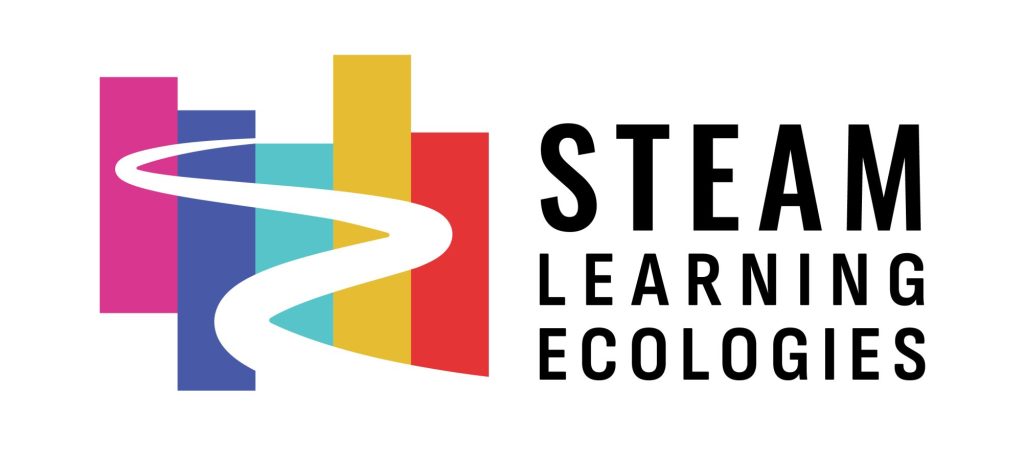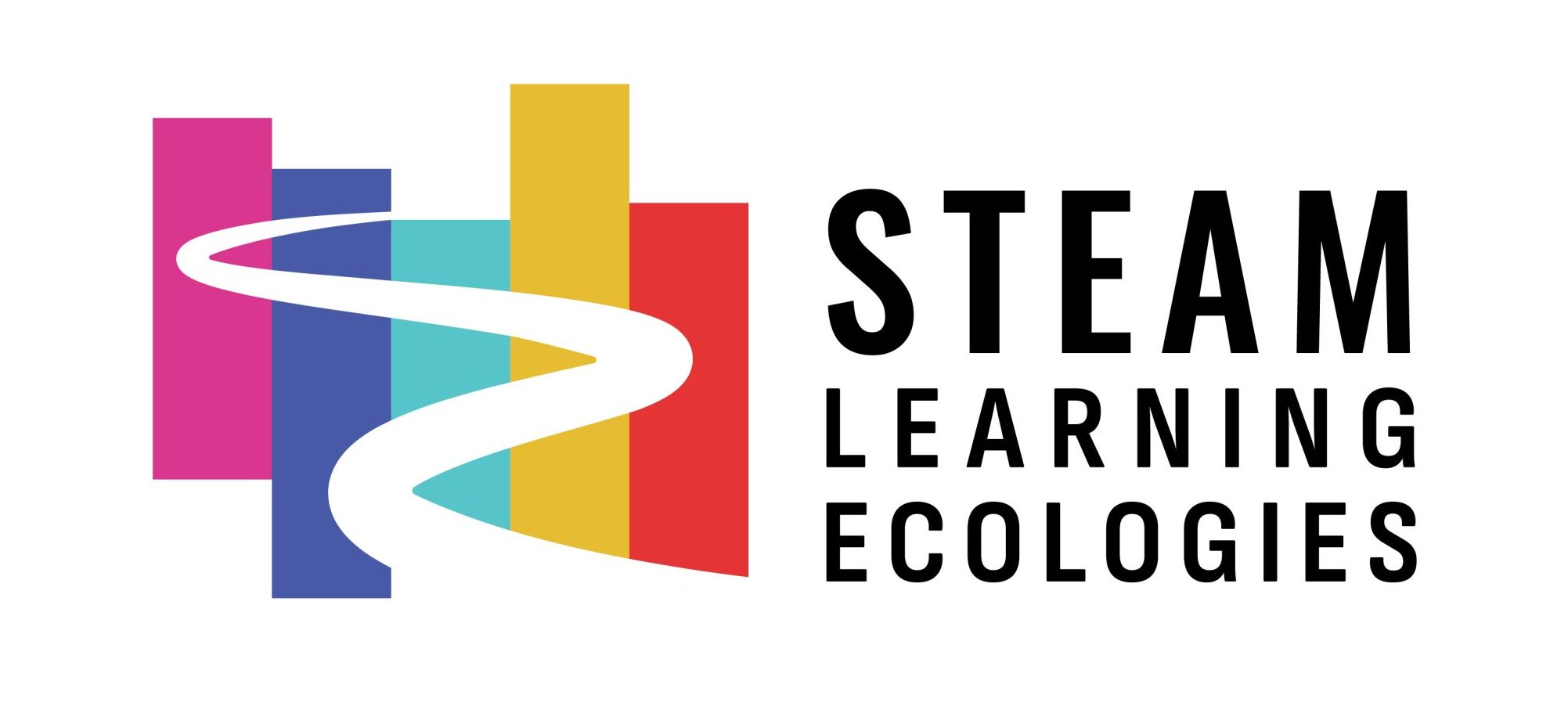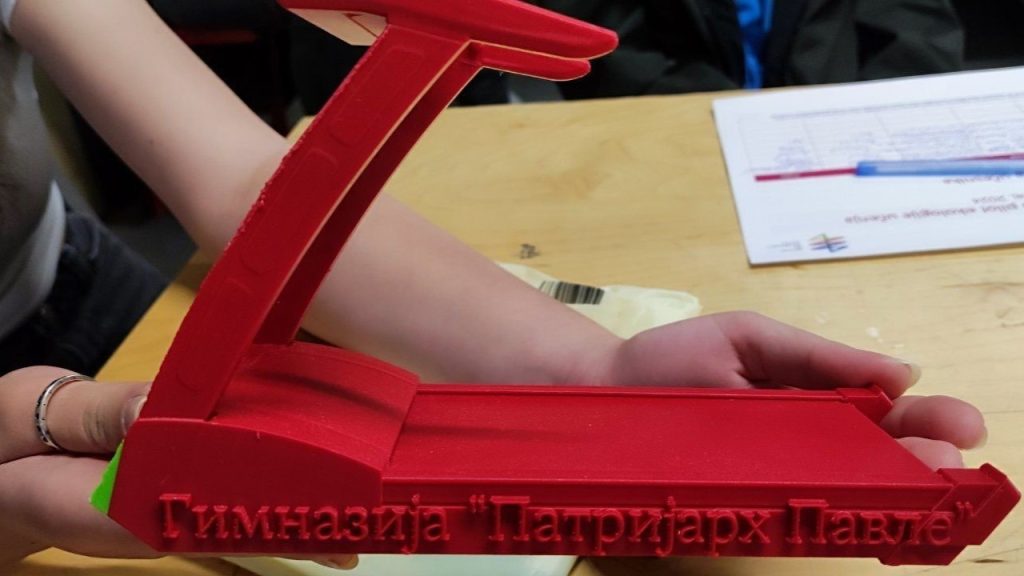The Center for the Promotion of Science (CPN) and the “Patriarch Pavle” Gymnasium cooperated as part of the STEAM Learning Ecologies (SLEs) project and jointly implemented several activities related to psychophysical health and wellbeing.
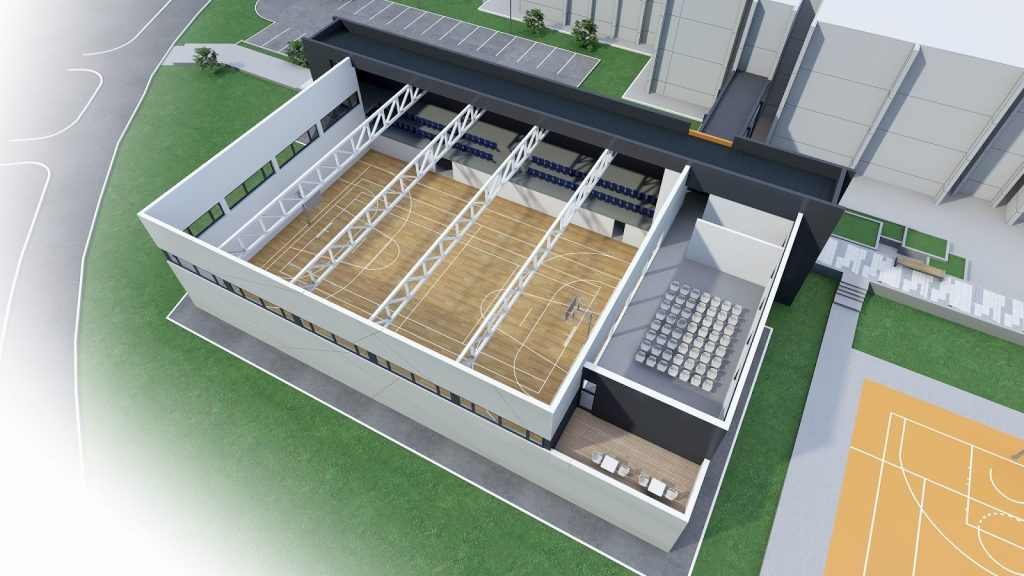
The teachers and students of the “Patriarch Pavle” Gymnasium have been holding regular classes outside the school facility for a long time, and having outdoor activities is not new to them. In our SLE, they used their experience to solve one of the school’s long-standing problems, which is the lack of a school gym.
“Our high school is one of the last in Belgrade that does not have a gym. Despite this, our students achieve extraordinary success in sports“, emphasizes Slađana Matović, professor of Serbian Language and Literature, who initiated the high school’s participation in the project.
The desired of pupils for more sport is strong, and the sporting success was further confirmed during the April 1 race at Ada Ciganlija, held under the slogan “This is not a whim, we need a gym.” Over 80 students participated in the 3km race, where the winner finished in less than 10 minutes. The event was supported by JP Ada Ciganlija. With great enthusiasm, the students ran to highlight the importance of physical activity and the need for a school gym.
In this context, the SLEs accommodated this need and included several external collaborators who jointly worked on the goal. One of these collaborators was an architect, Nenad Jovanović, a former student of the school, who helped design a gym tailored to the students. Jovanović pointed out that “We didn’t imagine just a gym, but an entire sports center that our local community lacks – a place where everyone who shares a passion for sports and recognizes the importance of psychophysical health would gather”.
Creative use of Maker’s Space
After pupils contributed to designing the gym (with the insightful help of Jovanović), it was time to think about the devices needed to equip it. On this occasion, the students visited the Maker Space, which is part of the Science Club of the Center for the Promotion of Science, where they printed 3D models of the equipment they would like to have in their classroom. In the Maker Space, students learned how to use 3D printers, create designs for printing, and provide final prototypes.
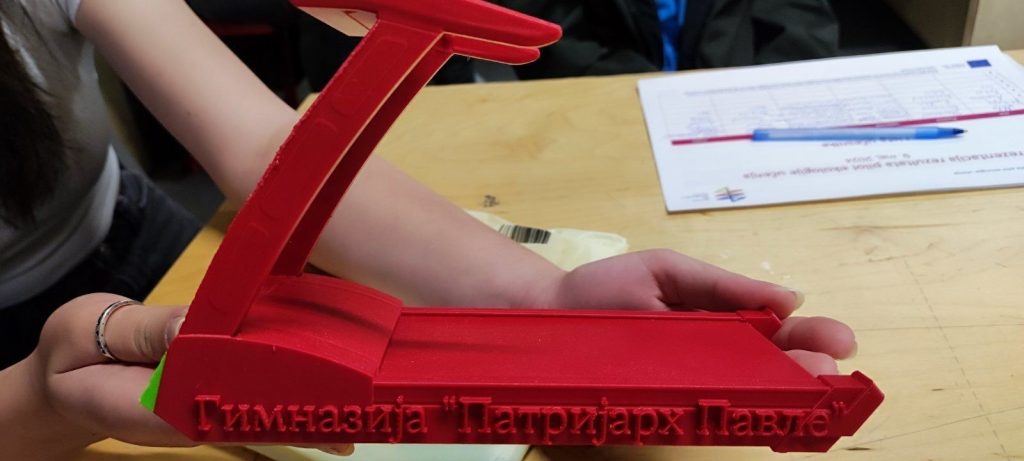
Health engagement through activities and education
Since their project is not only focused on physical activity but also overall wellbeing, the teachers of the “Patriarch Pavle” Gymnasium expanded the thematic framework to include mental health. In doing this, they organised several guest lectures on the topic. First, they hosted Danijela Marković, an Orthodox theologian and religiologist from the Institute for the Study of Culture and Christianity, who held a lecture and discussed with the students.
“The day I visited this high school was dedicated to a project that the institute is implementing together with the Center for the Promotion of Science. The students discussed the topic of ‘Spirituality and psychophysical health’. After that, pupils planted herbs in the school yard together with their guests, and continued to think about ecology and the future of our world,” writes Danijela in her column, confirming that health really requires a comprehensive approach.
The students wanted to explore their peers’ opinions on psychophysical health, so they conducted research with the support of their Psychology professor. After collecting the data, they analysed the results and presented them to the school. They also explained how hormones stimulated by physical activity can improve mental health. From a sample of 338 respondents, the students gathered ideas about what their peers wanted in the new gym. They found that only 11% of students do not play sports, 55% believe playing sports is extremely important for mental health, and 67% believe it is important for overall health. More than 85% of respondents cited laziness as the most common reason for not playing sports.
The students were not satisfied with merely self-assessing their peers and decided to test their knowledge as well. External collaborators helped them compose a quiz. This expert team consisted of a psychology student and a professional athlete, both of whom have participated in quizzes professionally for many years. Sixteen teams of three participants each took part in the quiz. The winning team told their peers that practising more sports is vital, as it is important for health, appearance, and social progress, highlighting that sports connect people and lead to new friendships.
The quiz questions ranged from sports rules and results to identifying the best sports for people with autism and how physical activity affects school performance and anxiety reduction.
Regarding his participation in this project, as a former student of the school and a professional athlete, Dušan Kecmanović pointed out: “It was a pleasure for me to respond to the professor’s call and do something for my former school. Even when I was a student, we didn’t have a gym. Today, children are not inclined towards physical activities, and when they don’t have a gym, they immediately hit a wall. We are definitely lacking in sports facilities.”
The next step in this quest for psychophysical health was to talk about nutrition. Wanting to provide something useful to their peers and teachers, the students designed a nutritionally balanced weekly meal plan based on readily available foods.
Presentation of the results and the future of the project
The students presented all the activities they carried out during the project at the final gathering of the STEAM Learning Ecologies community at the Centre for the Promotion of Science, where they shared their results.
“The pilot learning ecology is only the first step. Based on this model, we will help establish and develop 10 more learning ecologies in Serbia. Our goal is for these ecologies to be sustainable, for schools to connect with the wider community, and for them to work on solving real problems they consider important,” emphasised Katarina Stekić, Advisor for International Cooperation at the Centre for the Promotion of Science.
